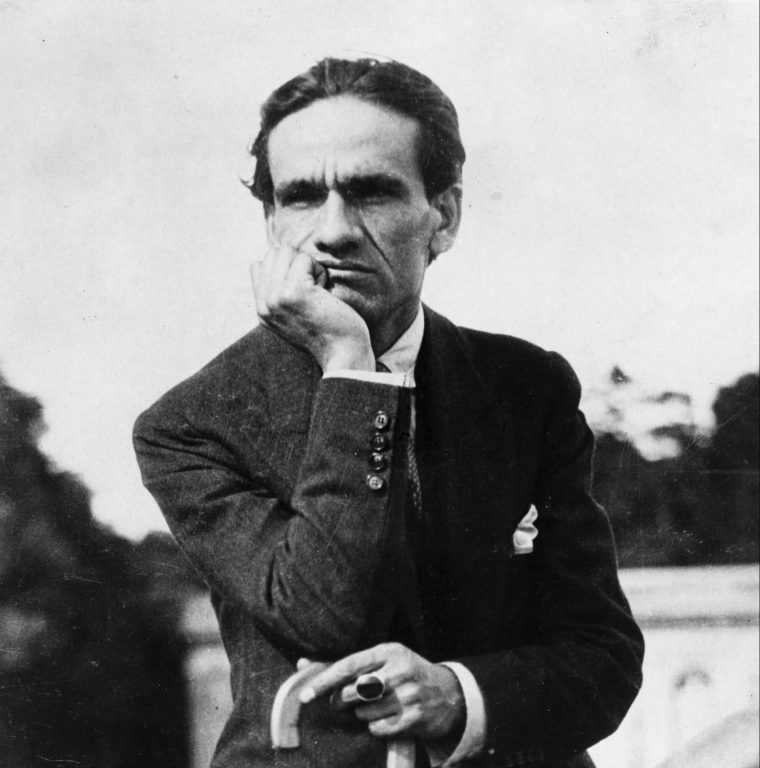An ars poetica
I remember the death, in Russia,
of postage stamps
like immense museum masterpieces
patchwork
wrapped in linen, tea stained,
with hemp for strapping...
these colored stamps designed for foreign places
were even printed during famine—
so when they vanished, so did the whole
Soviet system:
the Berlin Wall, tanks from Afghanistan,
and Ceausescu’s bride before a firing squad.
It had begun with the character of Yuri Zhivago
in a frozen wilderness, the summer house
of his dead in-laws, his
pregnant mistress asleep
before the fireplace
with flames dancing around a broken chair, piano keys,
and the gardener’s long black underwear.
Lara lying there. A vulgar fat businessman
coming by sleigh to collect her for the dangers
of a near arctic escape...
But for Yuri, not that long ago, he was
with celebrity,
a young doctor publishing a thin volume
of poems in France, he was writing
now at a cold desk
poems against all experience
and for love of a woman buried
in moth-eaten furs on the floor—
while he wrote
wolves out along the green tree line
howled at him. The author of this novel,
Boris Pasternak, arranged it all. Stalin would
have liked to have killed him. But superstition kept him from it.
So, the daughter of Pasternak’s mistress eventually
is walking with a candle
through a prison basement—
she is stepping over acres of twisted corpses
hoping to locate her vanished mother ...
she thinks this reminds her of edging slowly
over the crust on a very deep snow, just a child who believes
she is about to be swallowed by the purity of it all,
like this write your new poems.
Copyright © 2015 by Norman Dubie




